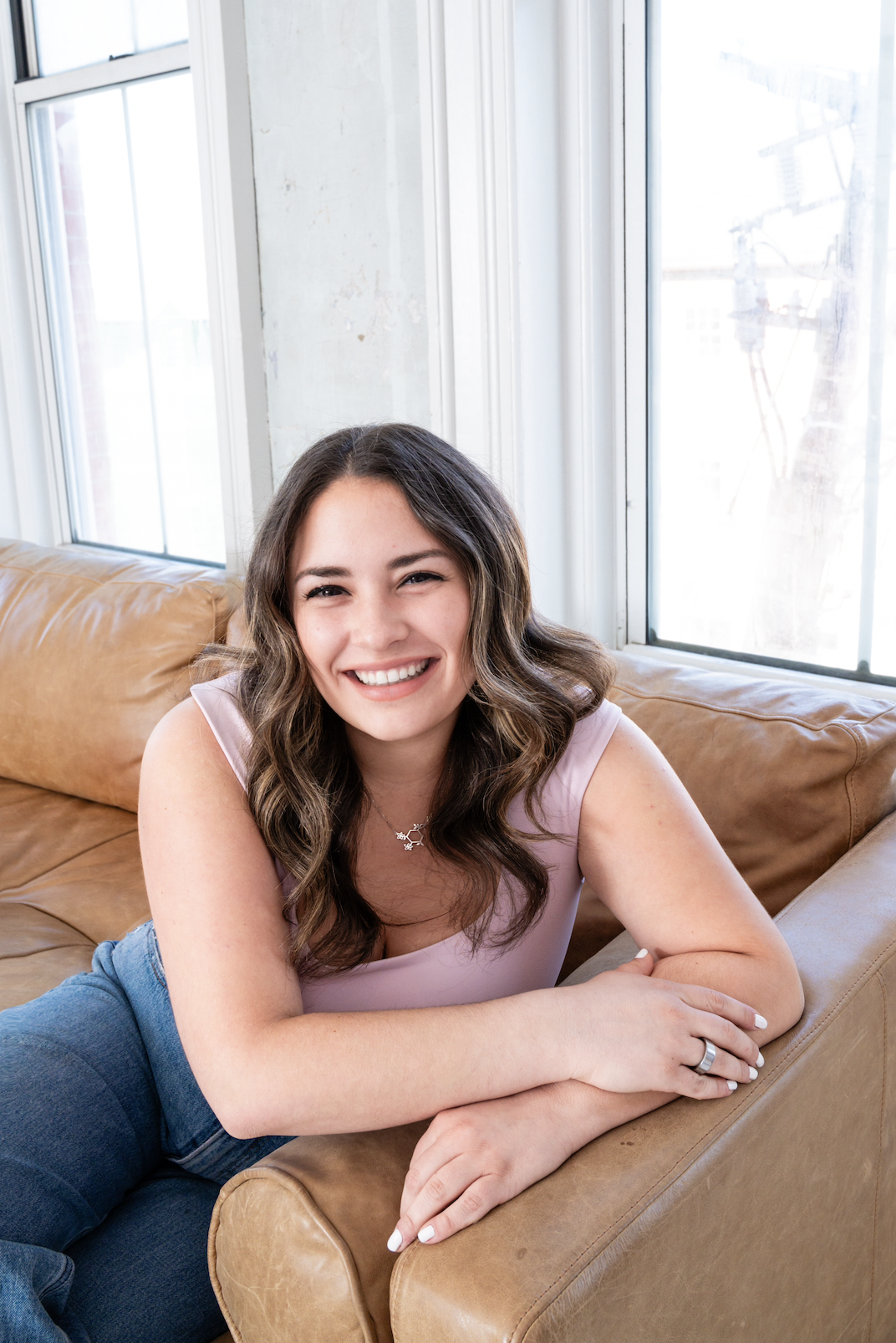About Us
Aly Rogers, Founder & Clinical Director
Hi, I’m Aly (she/her)—the founder & clinical director behind Behavior Explained.
Some of my earliest memories are sitting in my mom’s special education classroom during the summers. While other kids might have seen it as “tagging along to work,” I loved it. I felt at home there—drawn to the energy, humor, and creativity of the neurodivergent kids I spent time with. Even back then, I knew I wanted a career that allowed me to keep working alongside people who saw and experienced the world differently.
That path eventually led me to behavior analysis. I loved the science of understanding why people do what they do, and how small changes could make life easier. But at the start of graduate school, everything shifted: I was diagnosed as neurodivergent myself.
Getting that kind of diagnosis as an adult is both clarifying and overwhelming. On one hand, it explained so much about why I had struggled growing up. On the other, it came with grief—grief for years of thinking I was “lazy,” “too much,” or “not enough” when really, my brain was just wired differently. There’s a unique kind of heaviness that comes with piecing together your identity later in life, and I felt it firsthand.
That experience changed the way I practice. I didn’t want to just be a behavior analyst working on surface-level skills or compliance. I wanted to practice clinical behavior analysis—an approach that looks at the whole person. Neurodivergence doesn’t exist in a vacuum. It often comes tangled with anxiety, depression, identity questions, or trauma, and I believe therapy should make space for all of that.
That’s why I started Behavior Explained. My goal was to create a space where neurodivergent people could feel understood, supported, and equipped with real strategies to make life work better for their unique brains. Sometimes that means learning skills. Sometimes it’s modifying environments with things like noise-canceling headphones, movement breaks, or fidgets. And sometimes it’s just about having someone who gets it sit across from you and remind you you’re not broken.
Today, I especially love working with ADHD, OCD, and queer identity exploration, because those are struggles I know personally. What excites me most is helping people go from feeling stuck or “too much” to feeling optimistic and capable of shaping a life that actually works for them.
Outside of sessions, you’ll usually find me at a concert, volunteering in queer spaces, listening to podcasts, exploring a new restaurant, reading dystopian fiction, or hanging out with my dog.
My approach in a sentence?
A therapeutic space that helps you understand your unique brain—and how to build a life that works with it, not against it.

